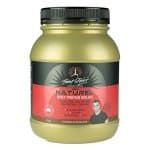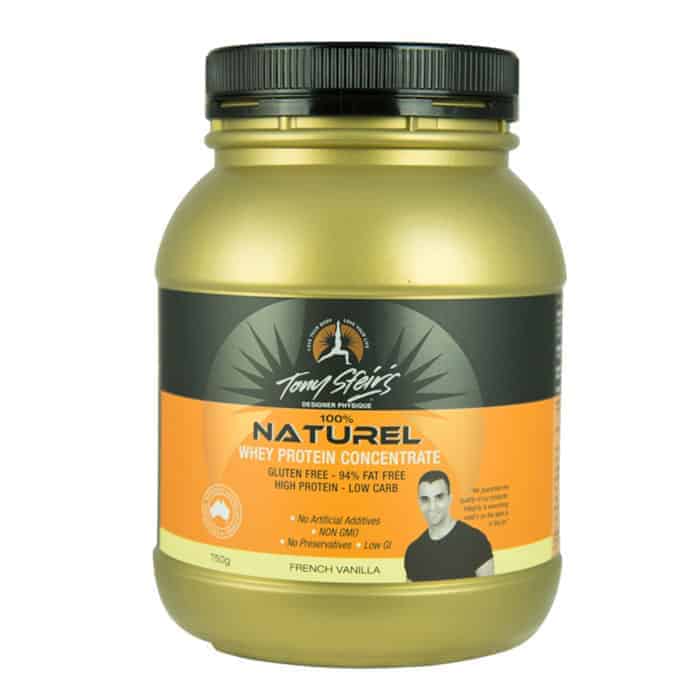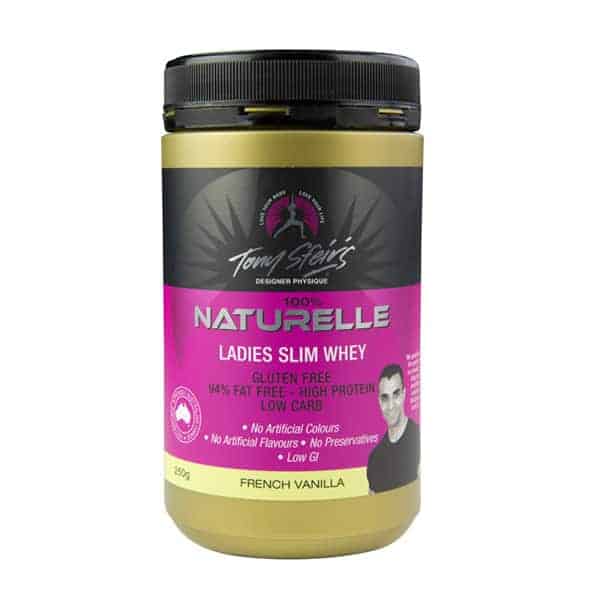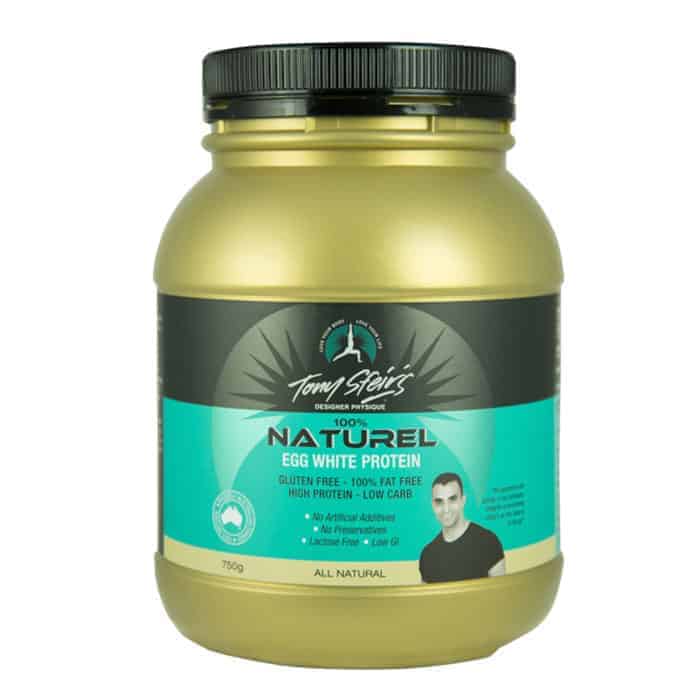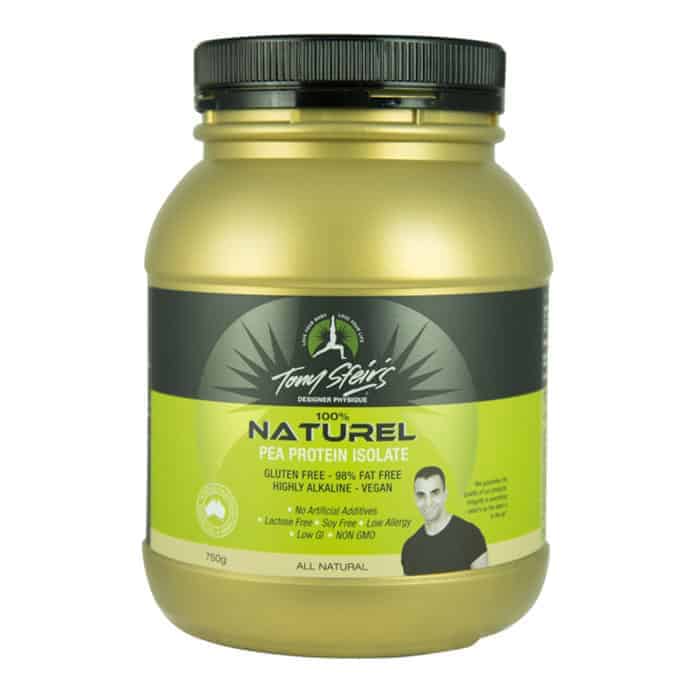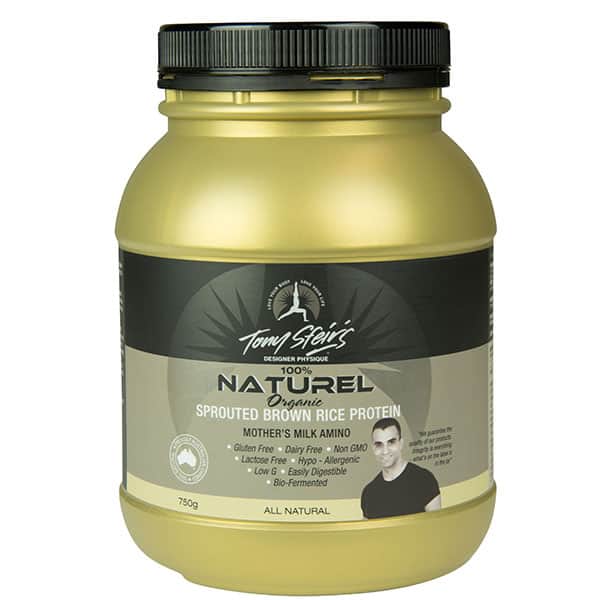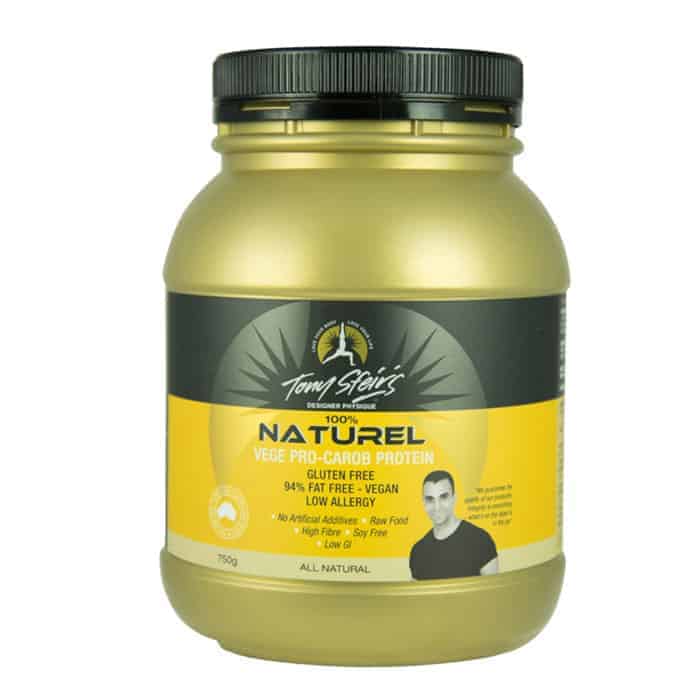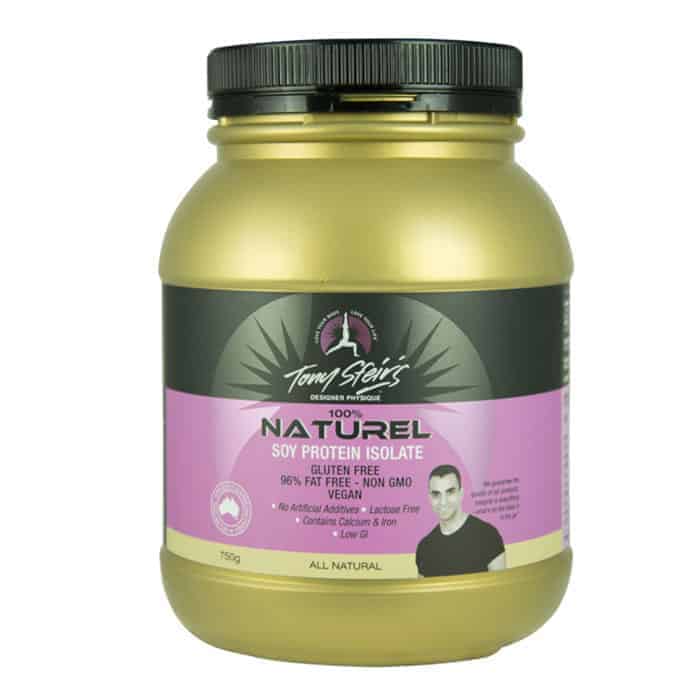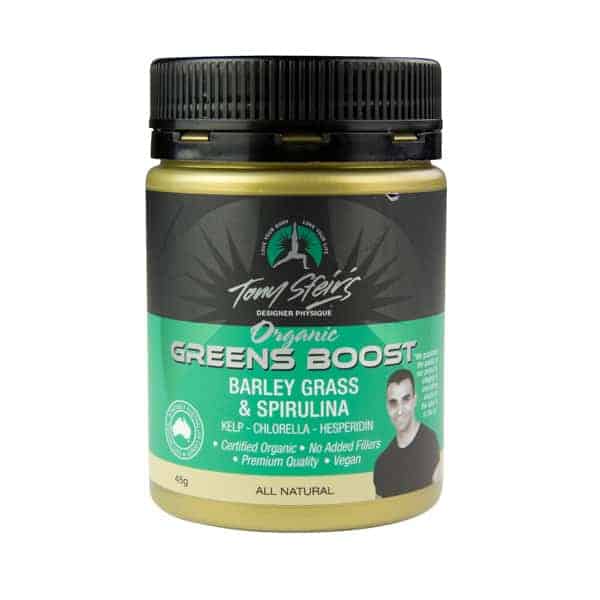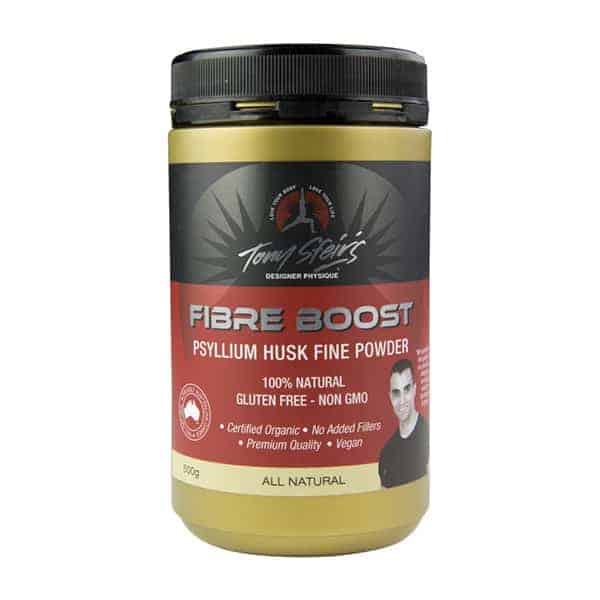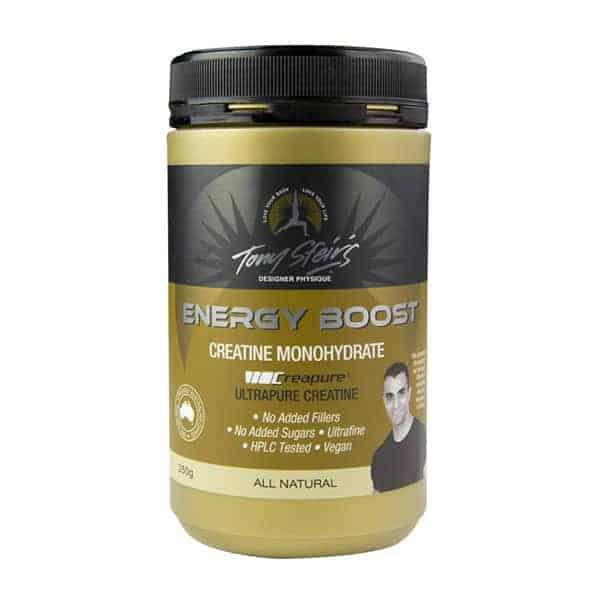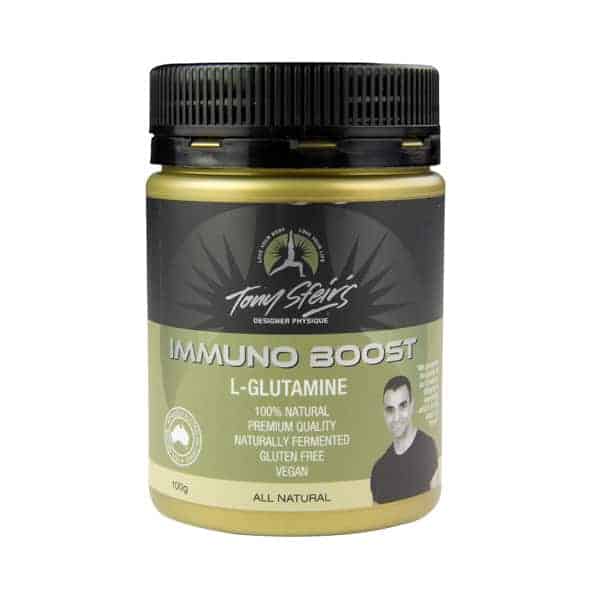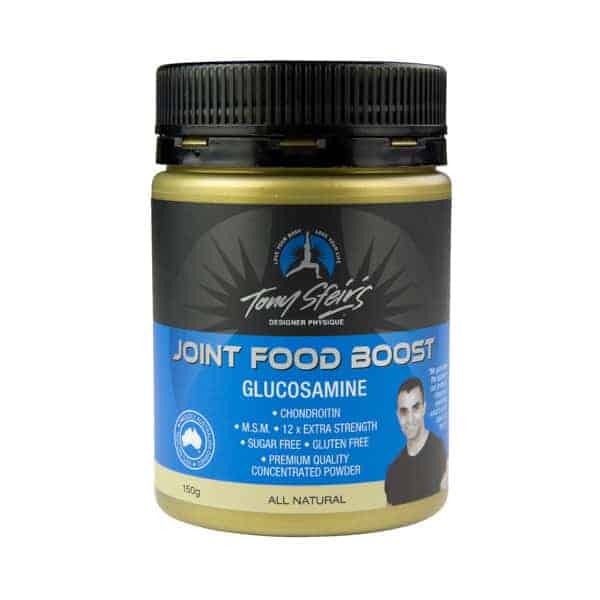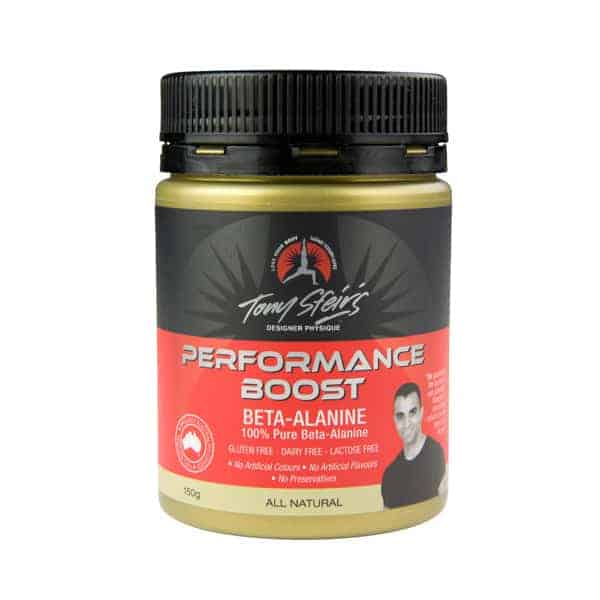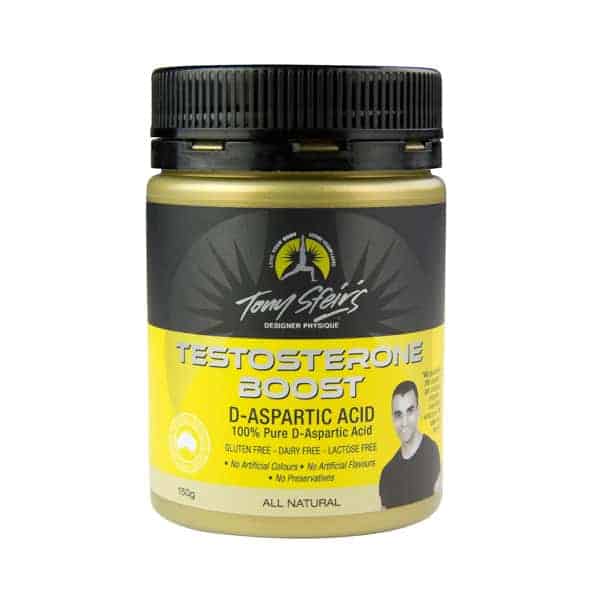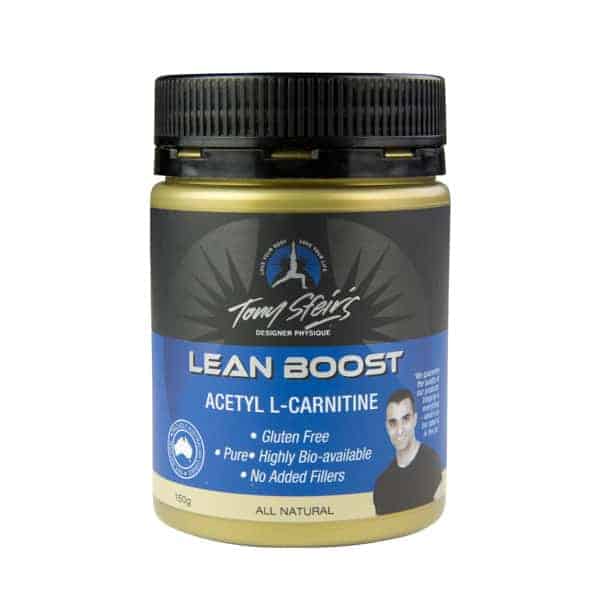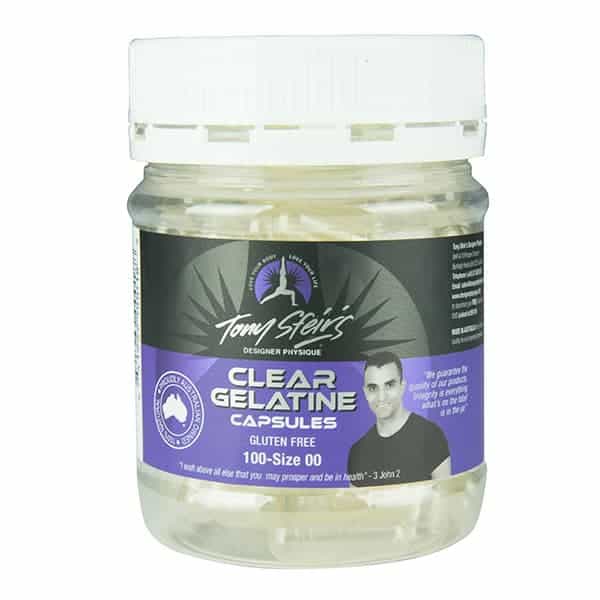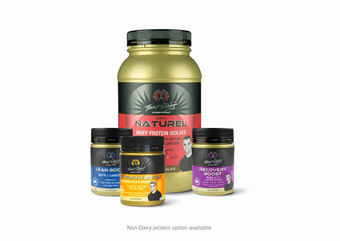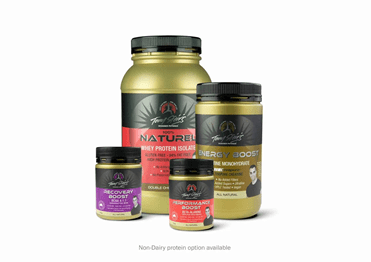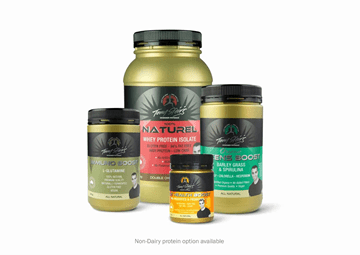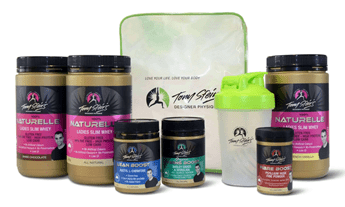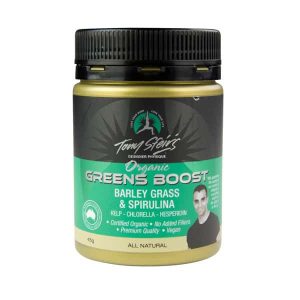5 Ways To Boost Your Testosterone
Article At A Glance:
|
5 Ways To Boost Your Testosterone
When you think of testosterone you probably think male hormones, but females have testosterone too and the ability to boost this particular hormone can be beneficial for both males and females. If you’re wondering why this is the case, keep reading, it might be something your body has been missing out on!
For the men..
There’s the obvious reasons here for improving muscles and strength, but testosterone has many more benefits for males. Some men are naturally low in testosterone, others may become lower due to health conditions and medications taken, while for the general male it’s a natural symptom of ageing. According to the research out there, serum (blood) testosterone levels decline at an average of 1.6% per year as ageing increases, while bioavailable (total) levels drop by 2-3% per year (Stanworth & Jones, 2008). Therefore taking a supplement like our D-Aspartic acid can help to naturally increase testosterone and prevent this drop that occurs with ageing.
| Testosterone benefits | Rationale |
| Muscle & strength | Testosterone helps to increase muscle mass, accelerate building and provide strength and energy that is needed to perform exercises that build muscle. |
| Mental Health | There is a link between mental health and testosterone levels with studies showing that men with decreased testosterone levels experienced more depressive symptoms, less energy and were more prone to mood changes (Zarrouf et al., 2009). |
| Metabolism | Testosterone plays a big role in carbohydrate, fat and protein metabolism as well as body fat composition and muscle mass. Lower testosterone levels are associated with increased fat mass, elevated cholesterol, glucose intolerance and reduced insulin sensitivity which leads to increased risk of cardiovascular disease and type 2 diabetes. Research shows that testosterone replacement therapy can reduce body fat mass, cholesterol levels and improve insulin resistance (Kelly & Hugh Jones, 2013). |
For the ladies..
Although it’s not widely known, women’s bodies also require sufficient levels of testosterone for their body to optimally function. The normal testosterone level for females is 15-70 ng/dL of blood (Cirino, 2019). Levels lower than 15 ng/dL can cause issues with fertility, breast tissue, mood, libido, fat distribution, cardiovascular health and muscle mass. Lower testosterone levels can be caused from taking medications such as birth control over long periods of time, from ovaries not functioning properly, pituitary gland issues and thyroid problems. Similar to men, increasing testosterone levels in females when there is a deficiency can help to address these problems and improve fertility, mood, fat distribution, muscle mass and cardiovascular health to name a few (Islam et al., 2022).
So, how can I naturally boost my testosterone levels?
Here are 5 ways….
- Improving sleep and reducing stress is a great way to naturally boost testosterone levels. If the body is overtired and over stressed it produces more of the hormone cortisol, which directly/indirectly decreases testosterone levels. Taking amino acid supplements such as L-carnitine, Creatine and L-glutamine are great ways to improve your mood and reduce stress which in turn helps to improve sleep at the same time!
- Reducing exposure to harmful chemicals is another way to help boost testosterone levels. Studies have shown that chemical exposure disrupts the endocrine system which can decrease testosterone levels or inhibit them from elevating. By avoiding alcohol, smoking, drugs, and occupational related exposure to harsh chemicals you are giving your body’s endocrine system its best chance to produce hormones.
- Eating a healthy and balanced diet full of nutrient dense fruit, vegetables, wholegrains, good fats and protein sources is the fuel the body requires to be able to maintain healthy hormone levels. Research suggests that a diet high in protein and good fats (avocado, nuts, fish) helps to promote testosterone levels including a high quality protein supplement is a great way to help maintain higher protein levels in both carnivore and plant based diets.
- Exercising regularly helps to boost testosterone levels as it promotes muscle building. Muscle building exercises such as weight lifting and compound exercises (e.g. squats, deadlifts, pushups) are more effective in increasing testosterone levels than cardiovascular exercises (Riachy et al., 2020). You can also exercise to reduce stress with yoga and stretching to support testosterone levels. Read here for some great training tips to optimise muscle growth and tone.
- Include a D-Aspartic acid supplement into your daily routine such as our Testosterone Boost. D-aspartic acid is an amino acid which increases the release of other hormones (e.g. luteinizing hormones) in the brain that play a role in increasing testosterone production. This amino acid also helps to promote muscle mass and growth which in turn naturally boosts testosterone levels (Roshanzamir & Safavi, 2017). To learn more about D-aspartic acid have a more thorough read of our previous blog here.
Feel your best when you’ve got Test!
With testosterone being a prominent sex hormone for both males and females, it really does play a huge role in our bodies and support overall physical and mental wellbeing. With so many great natural ways to support testosterone production, this is a health factor that is worth prioritising! Try our Testosterone Boost today as a great first step in supporting your testosterone levels.
References
Cirino, E. (2019). All about testosterone in women, Healthline. Accessed on 10/11/22, https://www.healthline.com/health/womens-health/do-women-have-testosterone
Islam, R. Bell, R. Handlesman, D. McNeil, J. et. al., (2022). Associations between blood sex steroid concentrations and risk of major adverse cardiovascular events in healthy older women in Australia: a prospective cohort substudy of the ASPREE trial, The Lancet, vol. 3, issue 2, E109-E118, https://doi.org/10.1016/S2666-7568(22)00001-
Kelly, D. Hugh Jones, T, (2013). Testosterone: a metabolic hormone in health and disease, Journal of endocrinology. Vol 217, issue 3, R25-R45, https://doi.org/10.1530/JOE-12-0455
Riachy, R., McKinney, K., & Tuvdendorj, D. R. (2020). Various Factors May Modulate the Effect of Exercise on Testosterone Levels in Men. Journal of functional morphology and kinesiology, 5(4), 81. https://doi.org/10.3390/jfmk5040081
Roshanzamir, F., & Safavi, S. M. (2017). The putative effects of D-Aspartic acid on blood testosterone levels: A systematic review. International journal of reproductive biomedicine, 15(1), 1–10.
Stanworth, R. D., & Jones, T. H. (2008). Testosterone for the aging male; current evidence and recommended practice. Clinical interventions in aging, 3(1), 25–44. https://doi.org/10.2147/cia.s190
Zarrouf, FA. Artz, S. Griffith, J. Sirbu, C. Kommor, M. (2009). Testosterone and depression: systematic review and meta-analysis, Database of Abstracts of Reviews of Effects (DARE): Quality-assessed Reviews. Accessed on 10/11/22, https://www.ncbi.nlm.nih.gov/books/NBK77260/

